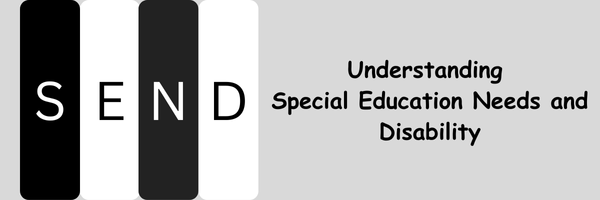
Intellectual disabilities (ID) are a type of neurodevelopmental disorder characterized by significant limitations in both intellectual functioning and adaptive behavior. These challenges affect everyday activities and social interactions. ID can vary in severity, ranging from mild to profound, and individuals with intellectual disabilities may require different levels of support throughout their lives.
What Causes Intellectual Disabilities?
There is no single cause of ID; rather, it can stem from a variety of factors. Some common causes include:
- Genetic Conditions: Genetic disorders such as Down syndrome, Fragile X syndrome, and phenylketonuria (PKU) can contribute to intellectual disabilities.
- Prenatal Factors: Issues during pregnancy, such as poor maternal nutrition, infections, or substance abuse, can negatively affect the baby’s brain development.
- Complications at Birth: Difficulties during labor and delivery, including lack of oxygen or premature birth, may lead to ID.
- Environmental Influences: Exposure to toxins, malnutrition, or a lack of stimulation during early childhood can hinder cognitive development.
Key Characteristics of Intellectual Disabilities
- Impaired Intellectual Functioning: People with ID may experience difficulties in reasoning, problem-solving, and abstract thinking.
- Deficits in Adaptive Behavior: This affects everyday practical skills like communication, social participation, and independent living.
- Onset During Development: Symptoms of ID typically become apparent during early childhood or before the age of 18.
Signs and Symptoms
The signs of ID vary depending on the severity, but some common symptoms include:
- Developmental delays in motor skills, language, and learning.
- Difficulty in understanding and processing information.
- Challenges in communication and forming social relationships.
- Problems with self-care, including feeding, dressing, or bathing.
- Trouble with memory, attention, and problem-solving.
Diagnosis and Assessment
The diagnosis of intellectual disabilities involves a comprehensive evaluation, including:
- Intellectual Testing: Standardized IQ tests are used to measure intellectual functioning. An IQ score below 70 is often indicative of ID.
- Adaptive Behavior Assessments: Evaluating a person’s ability to perform everyday tasks, communicate, and interact socially.
- Medical and Developmental History: Reviewing family medical history, pregnancy complications, and the child’s developmental milestones.
Support and Intervention
Individuals with intellectual disabilities benefit most from early intervention and continuous support tailored to their specific needs. Some effective approaches include:
- Educational Programs: Special education services and individualized education plans (IEPs) help children learn at their own pace and with the support they need.
- Speech and Occupational Therapy: These therapies focus on improving communication, motor skills, and daily living activities.
- Behavioral Interventions: Positive behavioral support strategies can help improve adaptive behavior and reduce challenging behaviors.
- Life Skills Training: Fostering independence by teaching practical life skills, such as personal hygiene, time management, and financial literacy.
- Family Support and Counseling: Families play a crucial role in the well-being of individuals with ID. Counseling and respite care can provide much-needed support for caregivers.
Living with Intellectual Disabilities
Many individuals with intellectual disabilities lead fulfilling lives with the proper support and opportunities. It’s important to focus on their strengths, provide encouragement, and offer access to education, vocational training, and social inclusion programs. With the right resources, individuals with ID can build meaningful relationships, pursue employment, and contribute to their communities.
The Importance of Inclusive Education
Inclusive education is essential for fostering a supportive learning environment for children with intellectual disabilities. By integrating these students into mainstream classrooms, educators can promote social interaction, tolerance, and a sense of belonging. Schools that embrace inclusive practices offer specialized instruction while encouraging collaboration with typically developing peers.
Conclusion
Understanding intellectual disabilities is the first step in creating a more inclusive and compassionate society. By providing appropriate resources, tailored interventions, and emotional support, we can help individuals with ID lead meaningful and independent lives. Early identification, continuous learning, and family involvement are key factors in ensuring their success. Let’s work together to celebrate their strengths and advocate for a world where every individual, regardless of their abilities, can thrive.
